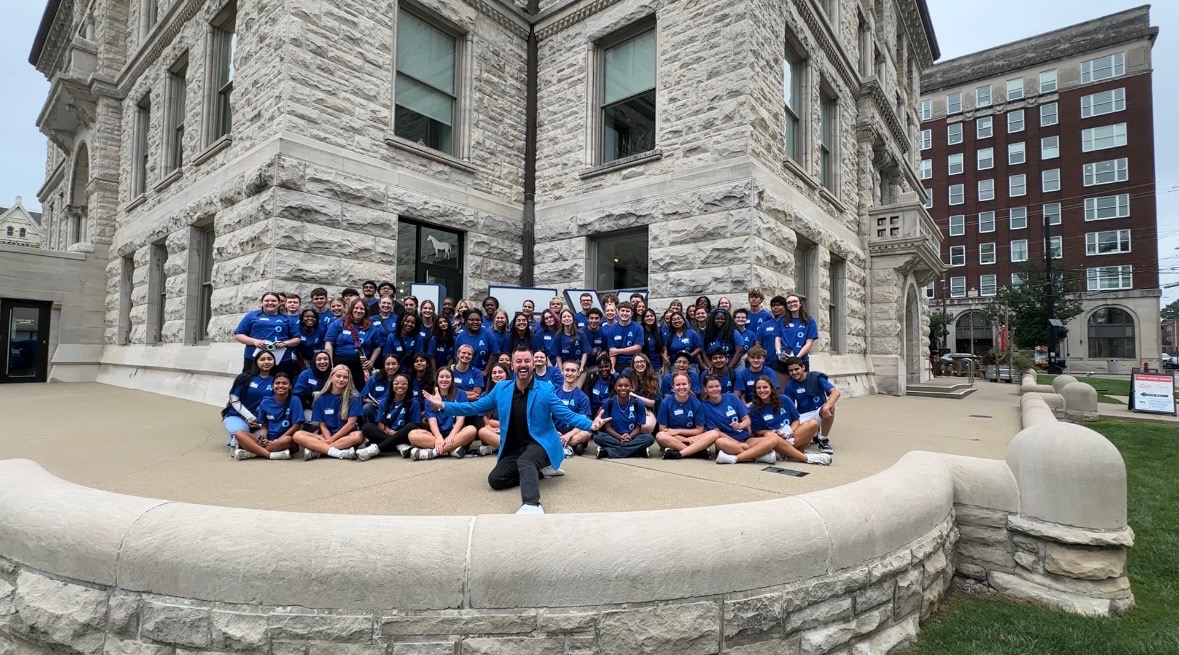In recent years, Kentucky has made significant changes to its driving laws, particularly regarding the age at which teenagers can obtain a driving permit. The new law allows 15-year-olds to apply for their driving permits, which has sparked a debate about the pros and cons of this decision.
One of the primary advantages of allowing 15-year-olds to get their permits is that it provides them with more time to gain driving experience before they reach the legal driving age of 16. Early exposure to driving can help young people develop essential skills and confidence behind the wheel. This gradual approach can lead to safer drivers, as they have more opportunities to learn and practice under the guidance of a responsible adult. Additionally, this law may ease the transition for families, as it allows parents to teach their children to drive at an earlier age, potentially reducing the stress associated with last-minute preparations for the driving test.
On the other hand, there are concerns about the implications of this law. Critics argue that 15-year-olds may not possess the maturity or judgment necessary to handle the responsibilities of driving. The risk of accidents can increase with younger drivers, as studies have shown that teenagers are more prone to distractions and impulsive behavior. Allowing younger individuals to drive might also lead to higher insurance rates for families, as insurance companies often view younger drivers as higher-risk. Furthermore, there may be societal implications, such as increased traffic congestion and safety concerns on the roads.
In conclusion, the new Kentucky law permitting 15-year-olds to obtain driving permits presents both opportunities and challenges. While it offers the potential for increased driving experience and skill development, it also raises valid concerns about safety and maturity. As this law is implemented, it will be crucial for parents, educators, and lawmakers to monitor its effects and make adjustments as necessary to ensure the safety of all road users.















